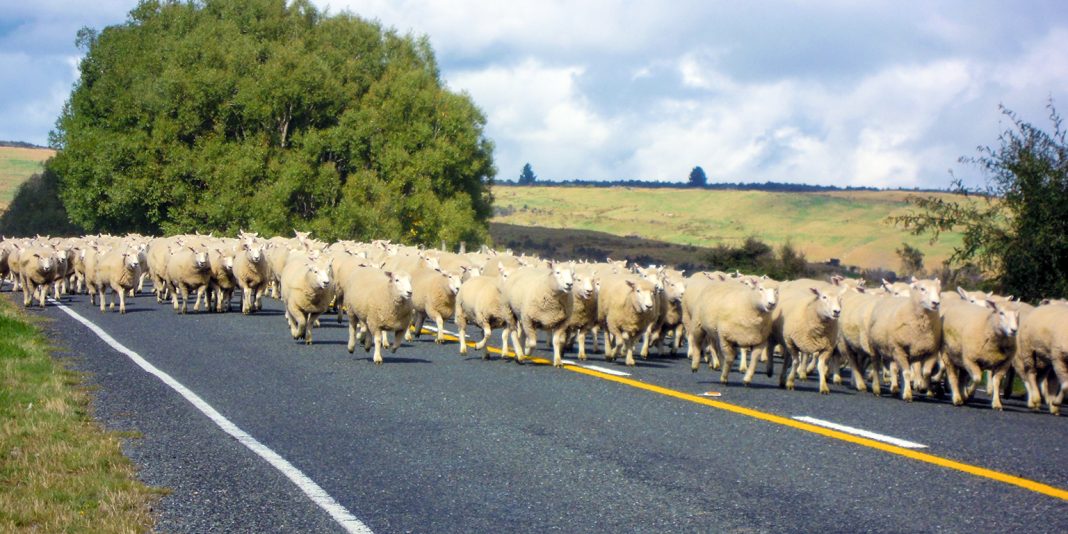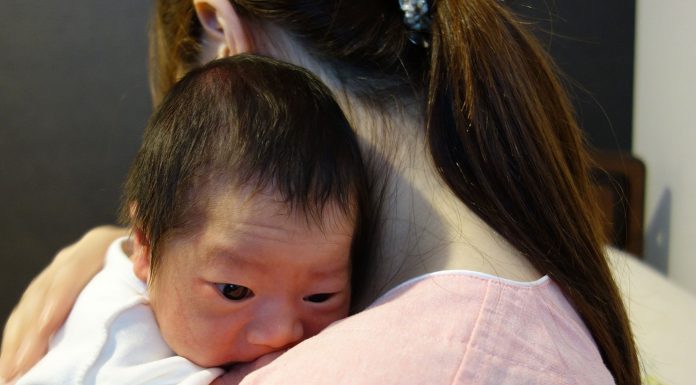Yesterday the Tertiary Education Minister Paul Goldsmith pledged the Government would establish a new School of Rural Medicine within the next three years. The proposed school would be specifically focused on meeting high and rural community needs and was to train about 60 more doctors a year.
The plan was to run a contestable business case process with currently two proposals in the running – the initial joint Waikato University and Waikato District Health Board proposal and the joint Otago and Auckland medical schools proposal.
Professor Jenny Carryer, executive director of the College of Nurses, said the Government committing to a new rural medical school with the specific intent of producing 60 additional doctors a year for rural health was “extremely disappointing”. She said training more doctors flies in the face of evidence and advice and a more cost-effective solution was to train more nurse practitioners who could deliver the same scope of service as GPs.
Dalton Kelly, the chief executive of the New Zealand Rural General Practice Network (RGPN), said establishing a new rural school of medicine would be “very, very good news” as the initiative would contribute “hugely’’ to ensuring rural New Zealanders had the best health services available. But RGPN wanted to ensure the new school was multi-disciplinary, and not just for doctors. Kelly said it wanted the school to be for nurses, pharmacists, midwives, physios and for all the health disciplines needed to ensure “the first-class delivery” of health services in rural New Zealand.
Carryer said New Zealand had tried for many years without success to provide GPs for rural areas and had spent millions of dollars on an endless rotation of locums. “Medical graduates move towards busy urban areas and specialist positions with higher incomes and status,” she said. “Nurses are resident in rural areas and evidence shows they remain there after becoming nurse practitioners”.
Professor Neil Quigley, the University of Waikato’s Vice-Chancellor, said the university was heartened that National’s election promise showed its proposal last year for a Waikato Graduate Entry Medical School had been recognised and acknowledged. He said that the international research in medical education indicated that the only way to address the rural primary health care shortage and “looming crisis” was through the creation of a third medical school with a dedicated graduate-entry programme focused on community-engaged medical education outside the main centres.
In March the University of Otago and University of Auckland medical schools, in association with the Royal New Zealand College of General Practitioners (RNZCGP) and the New Zealand Rural General Practice Network (NZRGPN), announced they were investigating creating a new National School of Rural Health as a joint initiative. A key part of the proposal was to have a rural component for all health professional students by building an “interprofessional” faculty with its own leadership, based at up to 20 sites located in rural communities across New Zealand, which the partners believed had the potential to begin to address the country’s chronic shortage of rural health professionals.
Goldsmith’s announcement did not mention nursing or allied health professionals but said the business case process for the new school would ensure it met the needs of rural New Zealand. Also that the Government was committed to growing the medical workforce to meet the needs of a growing and ageing population.
Carryer said producing an NP from a year 1 nursing degree student through to completion of a master’s cost about $120,000, compared with about $600,000 to train a GP. “We cannot afford to pour more money into a direction, which is not supported by evidence or good sense.”
(See earlier opinion piece by Carryer: Train more GPs, not NPs and one GP’s response.)























Once again, a 3 year nursing degree and 2 year Masters gives the same ‘scope of practice’ as a specialist with a 6 year medical degree and 5 year postgraduate fellowship training…how?
That said, I agree the need is for more GP and other specialist training positions, not more medical graduates.